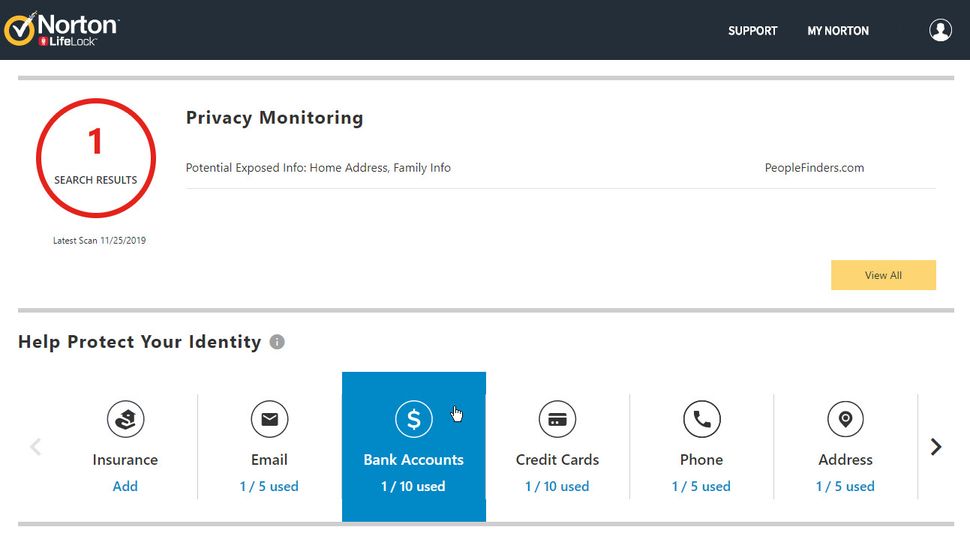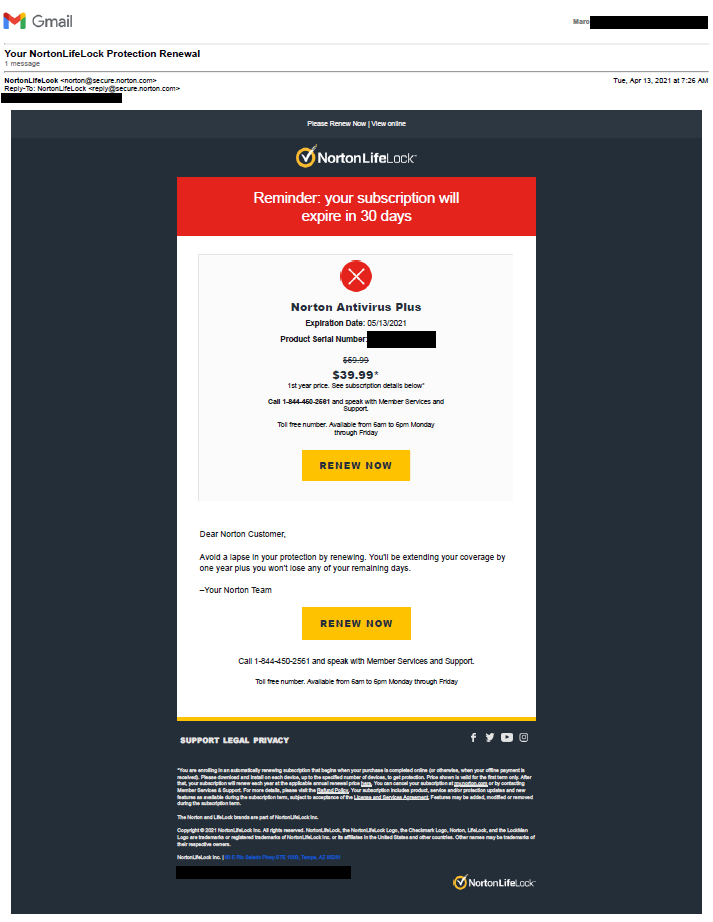


This includes using firewalls, encrypting data, and implementing multi-factor authentication. Invest in strong security measures: Companies must invest in robust security measures to prevent cyber attacks.So, what can companies do to avoid becoming the next victim of a cyber attack? Here are some actionable recommendations (we’ve covered some of these in the past, but it’s a worthwhile refresher): Gen Digital said it sent notices to about 6,450 customers whose accounts were compromised. The notice was sent to customers that it believes use its password manager feature, because the company cannot rule out that the intruders also accessed customers’ saved passwords. “In accessing your account with your username and password, the unauthorized third party may have viewed your first name, last name, phone number, and mailing address,” the data breach notice said. (This is also yet another call for two-factor authentication! … something ironically enough, Norton LifeLock offers) Gen Digital says the recent breach was related to this, and not a compromise of its systems.

Hackers use these previously exposed credentials to break into accounts on different sites and services that share the same passwords. Gen Digital, the parent company of Norton LifeLock, sent a breach notice to its customers claiming the likely culprit was a credential stuffing attack (when your username and/or password was previously exposed in a breach and you reuse those credentials on other sites or services). The irony of a password manager being hacked is not lost on anyone, and it highlights the importance of being proactive in protecting sensitive information. Thousands of user records were exposed, including email addresses, passwords, security questions, and answers. The recent data breach of Norton LifeLock and its password manager is a wake-up call for companies everywhere.


 0 kommentar(er)
0 kommentar(er)
